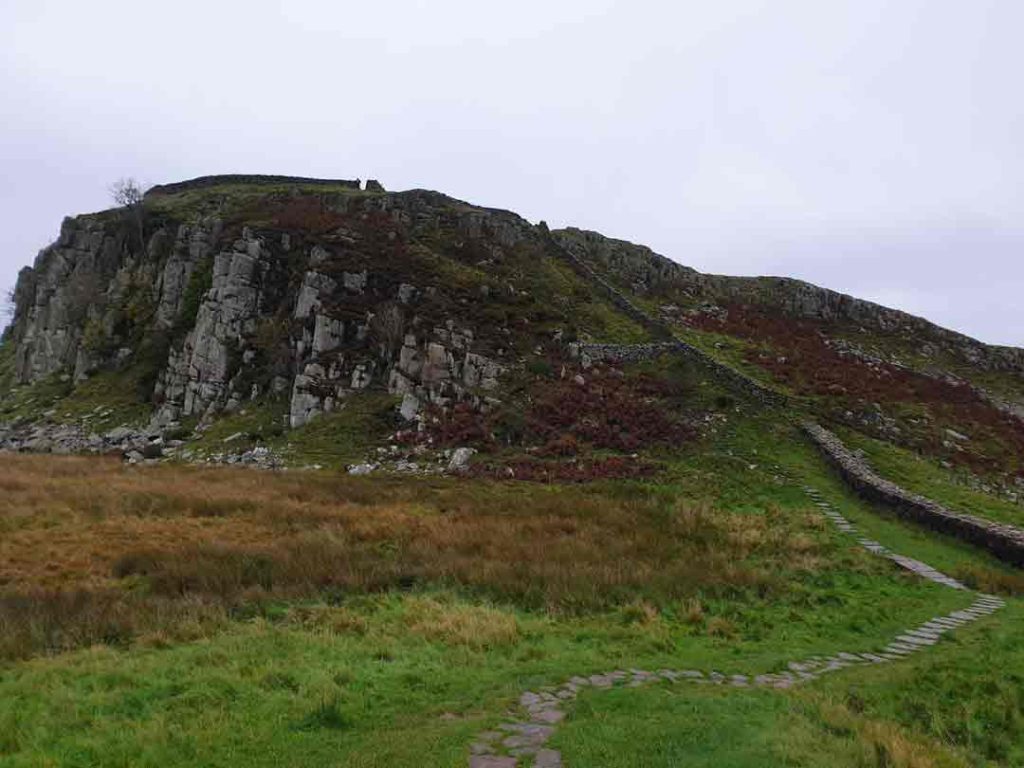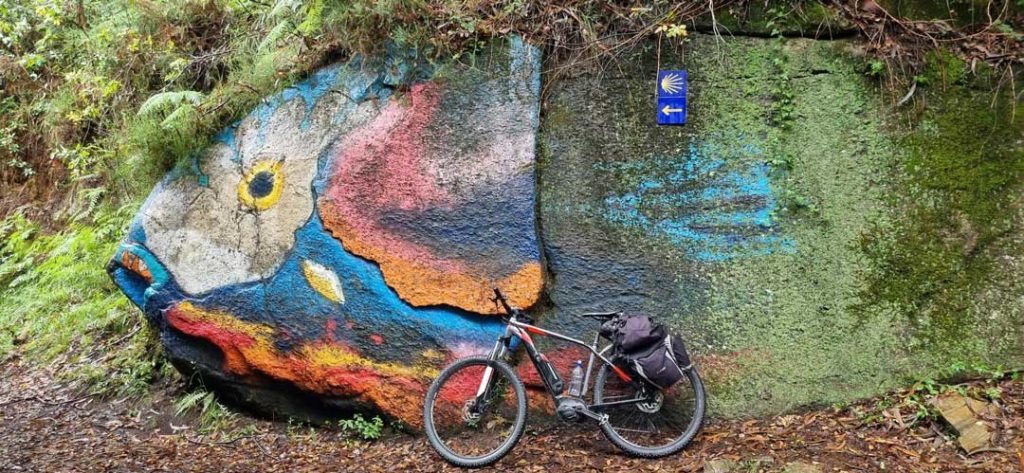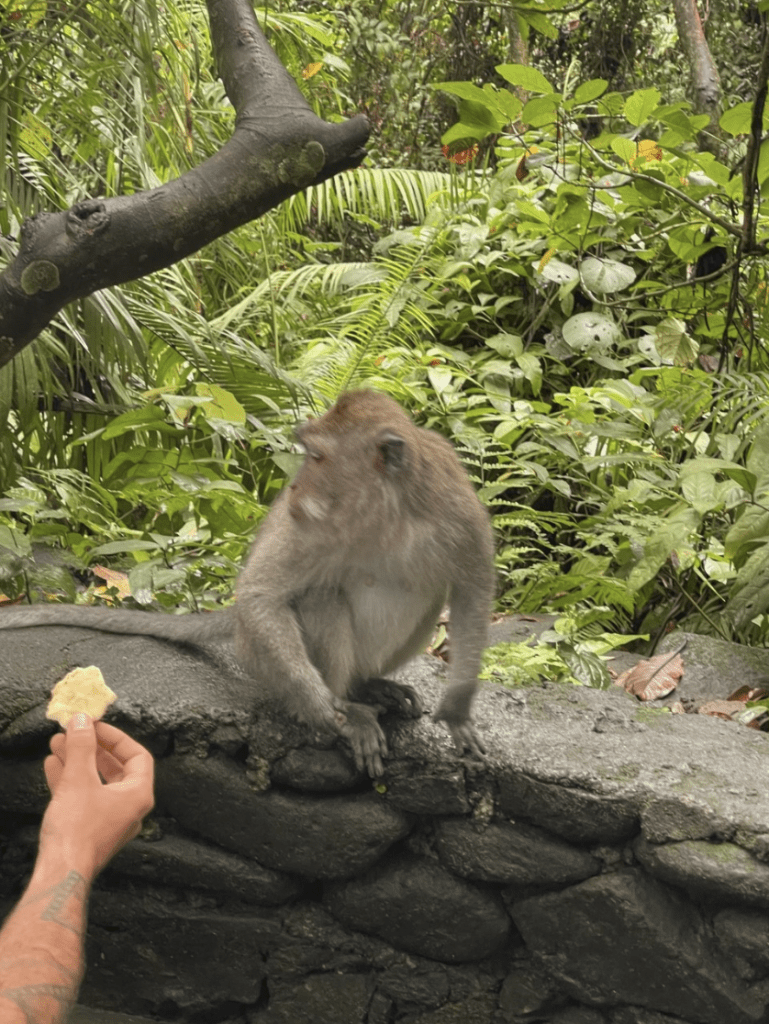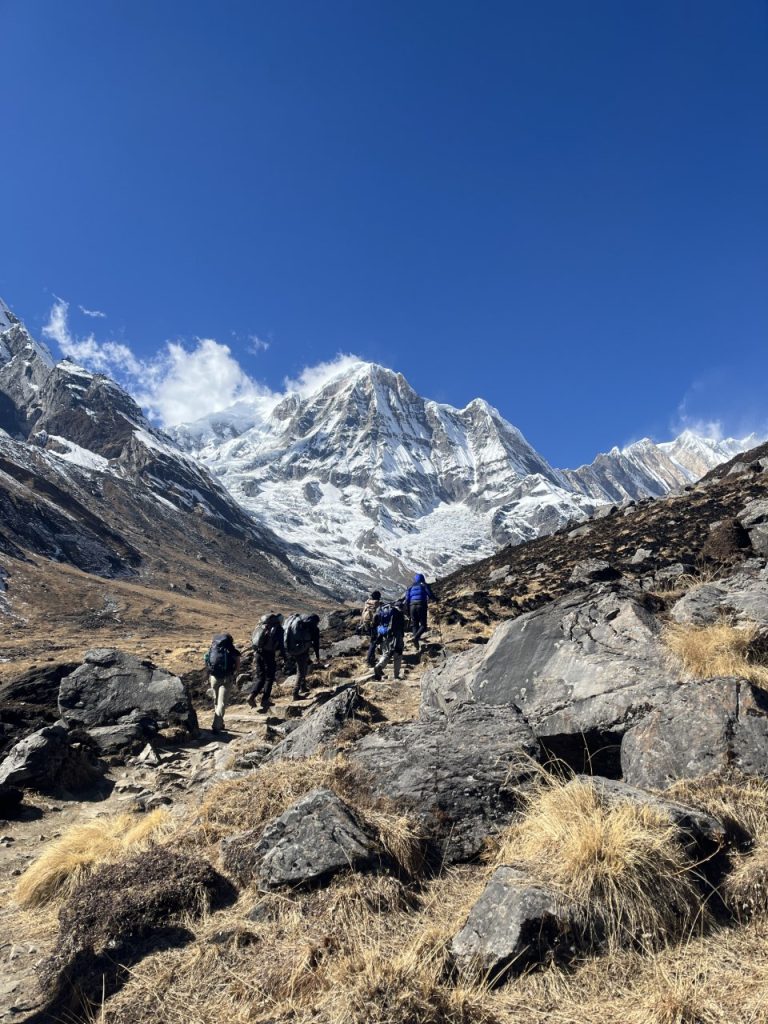The Ultimate Guide to Travel Vaccines: What You Need Before You Fly

Planning an international holiday? While you’re busy booking flights and accommodation, there’s one crucial aspect of travel preparation you can’t afford to overlook: travel vaccinations. This comprehensive guide will walk you through everything you need to know about travel vaccines to ensure a safe and healthy journey. Why Travel Vaccines Matter Each year, thousands of […]
Exploring the Nile Valley

Egypt, with its long history of successive waves of invasion, occupation and religious upheaval has held a lifelong fascination for me. So when offered the opportunity to spend three weeks exploring the Nile Valley with its myriad tombs and temples, I jumped at the chance. Travelling as accompanying doctor on a custom designed exploration of […]
Hadrians Wall Path

By Carmel Limpus, Registered Nurse, Ipswich TMA Finally after two years of being confined to Australia, I’m off to the UK to get my hiking on! It’s very freeing to the spirit when boarding the plane on the outbound journey (although no one looks forward to the 24 hrs of sitting), all the potential adventures to […]
The Re-emergence of Tropical Diseases

by Dr David Rutherford After my own return to overseas travel after an enforced three year gap, it reignited my passion for travel once again and gave me a chance to reflect on what I have learned from seeing others prepare for their trips.
A Tropical Escape to Bali

In October 2022 we decided to go for a tropical escape. It felt like it has been forever since I had a travel consult and surely it had been an eternity since I had travelled overseas. (Ok that really is a first world problem guilty as charged). So, at short notice and with little […]
Are you contemplating a trip to Nepal?

Namaste! Are you contemplating a trip to Nepal? I travelled there recently with my husband and 2 teen daughters (in December), to trek up to Annapurna Base Camp (ABC), and we have fallen in love with the place! Having previously enjoyed family multi-day hiking trips in New Zealand and Tasmania, we decided trekking in Nepal […]
All about Japanese Encephalitis

Dr Chris Rook Adelaide Member TMA Japanese encephalitis (JE) is a viral disease that can damage the brain and is transmitted by mosquitoes. It is the most common vaccine-preventable cause of epidemic encephalitis world-wide with most cases occurring in Asia. It was first identified in 1935 and it is estimated there are more than 30- […]
Japanese Encephalitis
Dr Tu Khai Huynh – TMA Member Ipswich Japanese Encephalitis (JE) occurs in practically all Asian countries and is also now considered endemic in the Torres Strait region and Papua New Guinea. The incidence of JE in humans varies by season, usually coinciding with the rains and is mainly passed through the bite of the […]